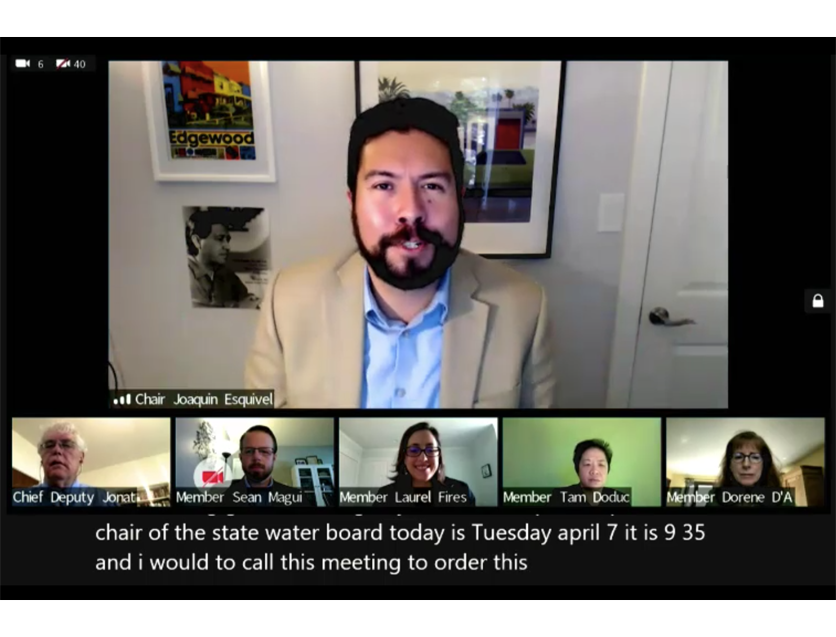The State Water Resources Control Board has approved revisions to a Compost Order, easing restrictions for dairy farmers on a conservation practice that has taken center stage with the administration.
“Composting is such an important piece to our effort in California to increase carbon sequestration in the soils,” said Noelle Cremers, regulatory affairs director for the Wine Institute, during a meeting of the board last week. “So removing any unnecessary barriers is really important.”
Growers had complained the 2015 water quality regulation was not clear on exemptions for agricultural operations. More confusion was created when the Central Valley Water Board passed its East San Joaquin Order in 2018, which had less stringent requirements for water discharged from composting practices.
“Though staff assured me that agriculture has always been exempt, you wouldn't know it from reading the original order,” said Dave Runsten, policy director at the Community Alliance of Family Farmers. “Farmers who were thinking of making on-farm compost told us they were fearful the regulation would make it infeasible and too costly.”
Water Board Vice Chair Dorene D'Adamo acknowledged that the “one-size-fits-all approach” was not working.
The revision also expanded the exemption to include feedstocks, such as manure, that are shared between agricultural operations. It also added composting as a recommended best management practice, which Runstein said his farmers found feasible and that it would encourage more farmers to compost.
The State Water Board and CDFA have worked collaboratively to promote composting as part of a Healthy Soils initiative, which has been detailed in a memorandum of understanding between the two agencies.
“Last fall, we joined forces as an interagency team and launched an on-farm composting work group,” explained CDFA Undersecretary Jenny Lester Moffit. “That group has identified many different areas to look at how we can scale up composting.”
Ryan Flaherty, who focuses on business partnerships at Sustainable Conservation, said the nonprofit group started engaging in the revision process when they realized the impact this practice could have on reducing dairy nitrates that leach into groundwater.

The State Water Board met for the first time online.
“We know that many dairies have excess manure that needs to be transported off of the dairy to protect the water quality,” he said. “There are very few options currently for dairies to transport that excess manure to reduce their nitrate loading to groundwater, and composting happens to be one of those few.”
In the Water Board’s first online meeting since Gov. Newsom issued a lockdown order to mitigate the COVID-19 crisis, the board unanimously approved the revision, to the praise of several stakeholder groups.
“We believe these revisions will allow growers throughout California to create compost for beneficial uses in an economically sustainable way,” said Sunshine Saldivar, an environmental law analyst for the California Farm Bureau Federation.
For more news, go to: www.Agri-Pulse.com


